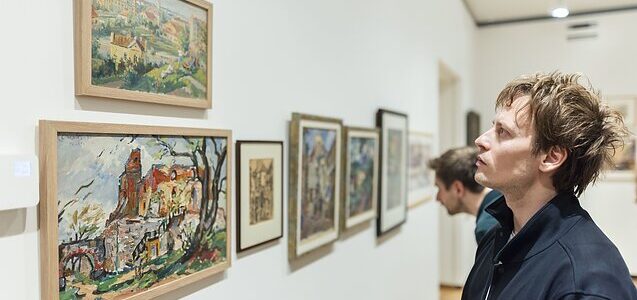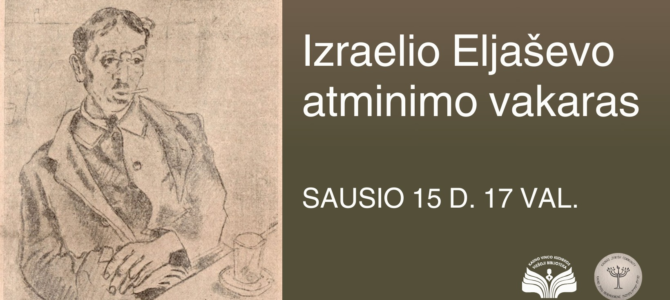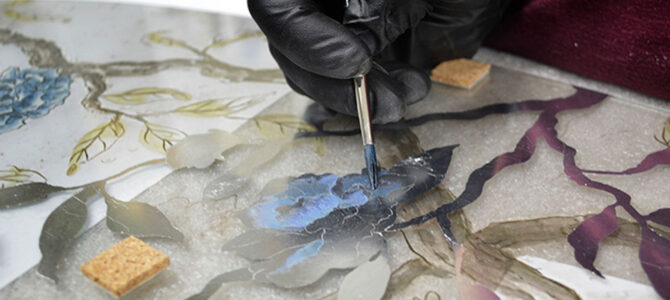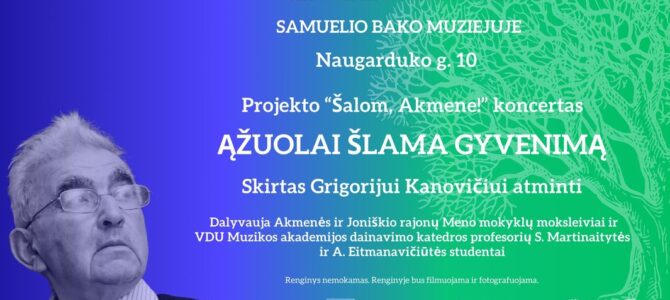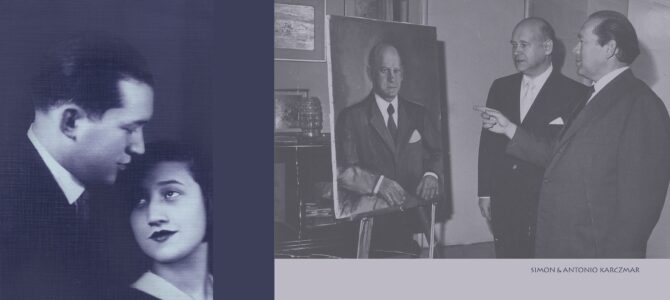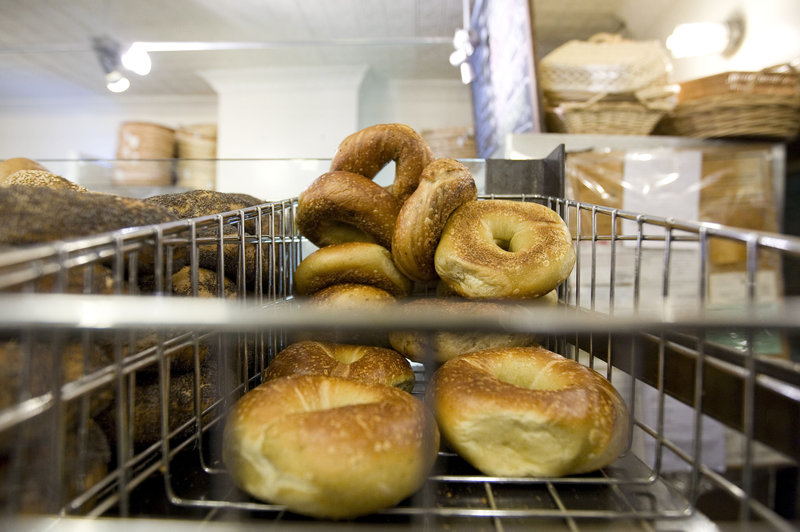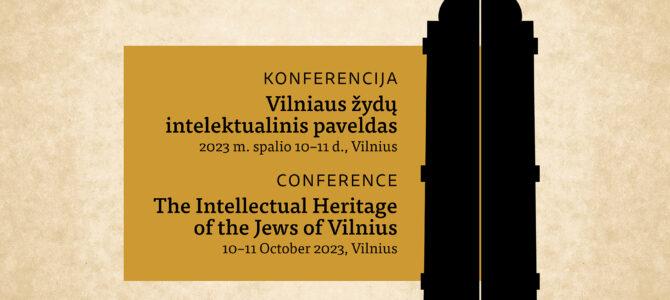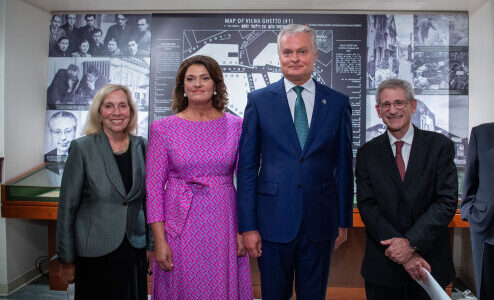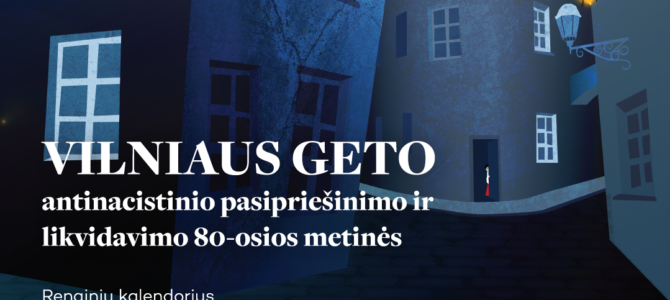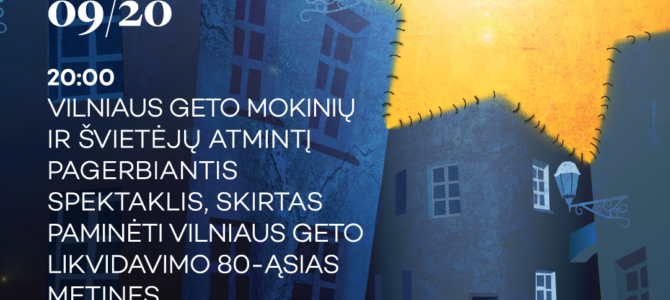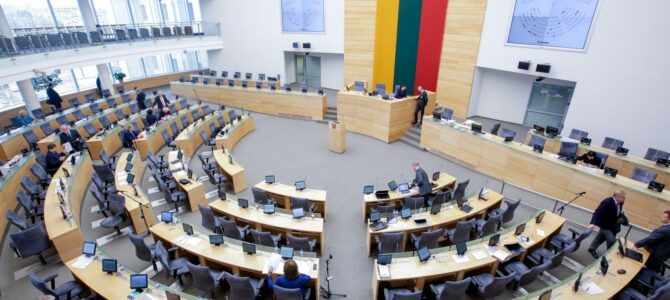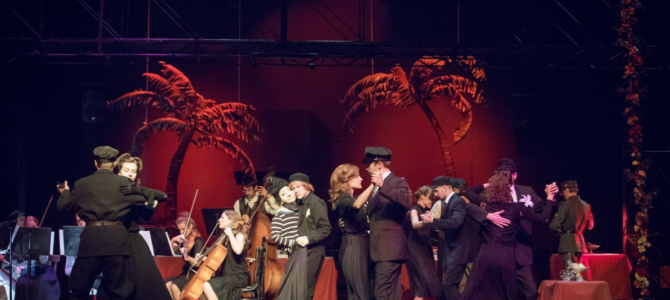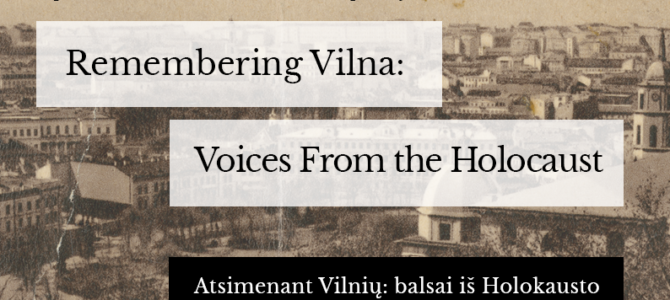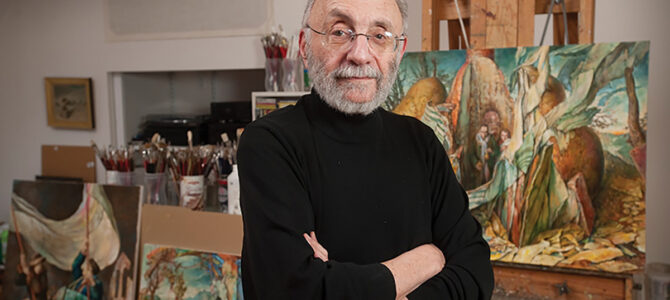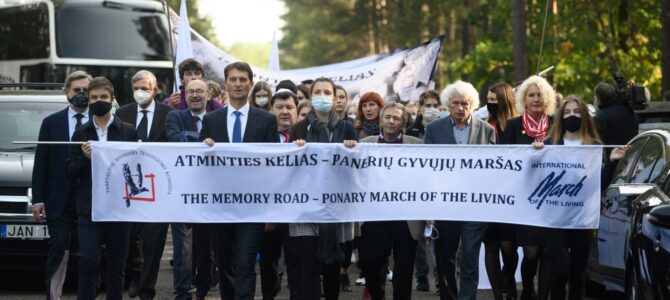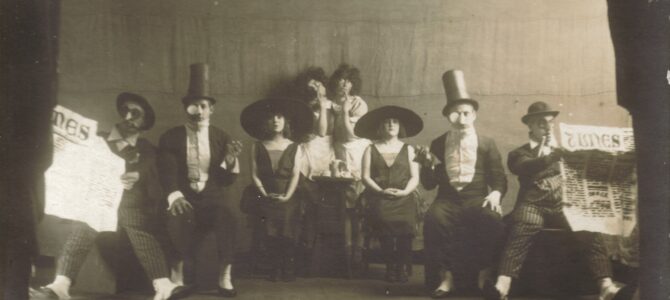Photo by I. Gelūnas
The Vilna Gaon Jewish History Museum reopens its branch in the former Tarbut Gymnasium at Pylimo street no. 4a Thursday, January 18, following reconstruction and the installation of a new Litvak Culture and Identity exhibit.
The space used to house the museum’s History Department and Gallery of Righteous Gentiles, and has been undergoing renovation for several years. The third floor will now house a permanent exhibit on the life and work of Rafael Chwoles, the Litvak artist. Other exhibits feature Litvaks who found fame and achievement around the world in various fields of endeavor. The space includes four storeys accessible by stairs.
The Vilna Gaon Jewish History Museum includes consists of several sub-museums and spaces including the Tolerance Center, the Holocaust Museum, an information space at the Ponar Memorial Complex outside Vilnius and soon an exhibit inside the former Jewish ghetto library in the Vilnius Old Town.
Full story in Lithuanian here.


